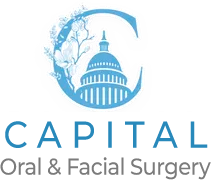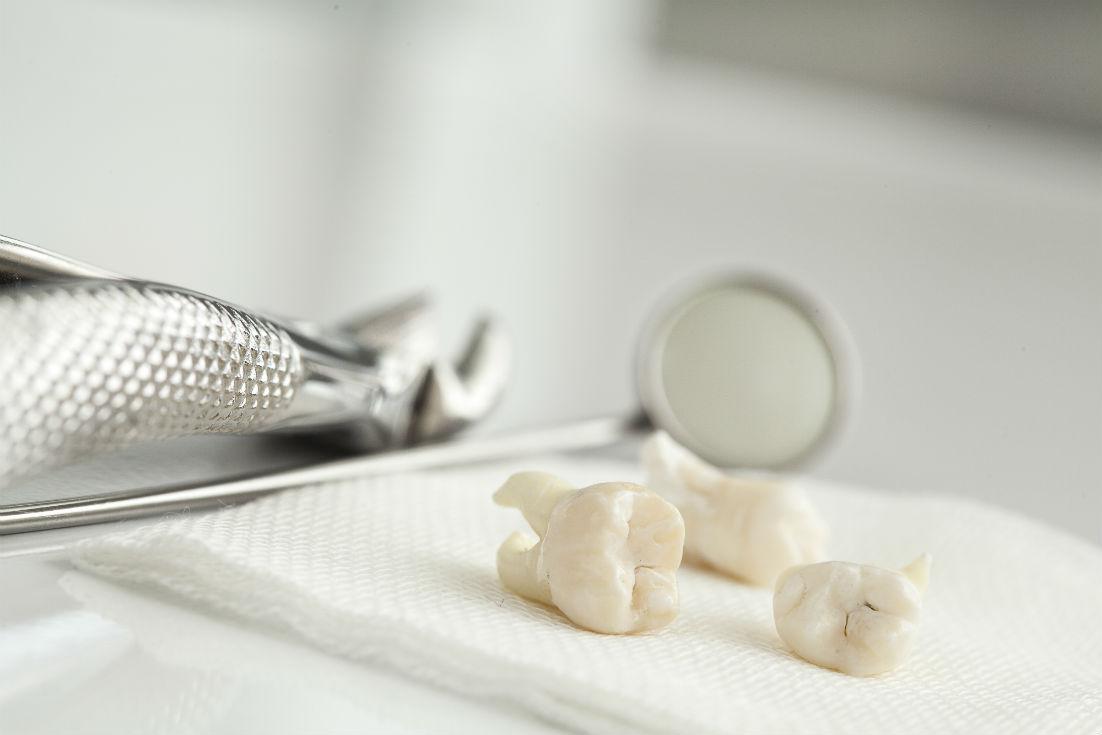As we grow older, our mouths go through various changes, one of which is the development of wisdom teeth. These third molars, which typically emerge between the ages of 17 and 25, often cause problems due to a lack of space in the jaw for their proper eruption. Wisdom teeth removal is a common and often necessary solution to protect a person's oral health and avoid potential complications.
Wisdom teeth removal may be recommended in various cases, such as when the teeth are impacted, partially erupted, or causing crowding in the mouth. These situations can lead to discomfort, infections, gum disease, or damage to neighboring teeth and bones. Timely removal of wisdom teeth can prevent these issues and contribute to maintaining good oral health for a lifetime.
Our team of experts is committed to guiding you through each step of the wisdom teeth removal process, from initial consultation to recovery. We will share insights into the procedure itself and provide you with tips for preparing for the surgery and ensuring a smooth, comfortable recovery. By educating ourselves and staying up-to-date with advancements in dental care, we can offer you the highest level of care and expertise in wisdom teeth extraction.
So, whether you are experiencing pain from impacted wisdom teeth or seeking more information about this prevalent oral surgery, stay tuned for valuable insights and guidance from our experienced team at Capital Oral & Facial Surgery Center. Your journey to optimal dental health is our priority, and with the right knowledge and expertise, you can make the best decisions for the lasting health and happiness of your smile.
Understanding Wisdom Teeth and Their Impact on Your Oral Health
Wisdom teeth, also known as third molars, usually develop between the ages of 17 and 25. These extra molars can cause complications in your mouth by overcrowding existing teeth, erupting at an incorrect angle, or becoming impacted beneath the gumline. In some cases, wisdom teeth may cause pain, swelling, or even infection.
Therefore, it's crucial to understand the reasons behind wisdom teeth removal and how it can benefit your overall oral health. In this section, we will cover the various circumstances that warrant wisdom teeth removal and how addressing the issue early on can prevent more significant dental problems.
When to Consider Wisdom Teeth Removal: Signs and Symptoms
Wisdom teeth extraction may be necessary for several scenarios. The most common reasons for having wisdom teeth removed include:
1. Impacted Teeth: This condition occurs when the wisdom teeth do not have enough space to emerge properly and remain trapped beneath the gumline. Impacted wisdom teeth can cause discomfort, infection, or even the formation of cysts.
2. Partially Erupted Teeth: When wisdom teeth partially break through the gums, they often create an opening for bacteria to enter and cause infection. This situation could lead to pain, swelling, and the possibility of gum disease or tooth decay.
3. Crowding: If emerging wisdom teeth apply pressure on neighboring teeth, it can result in crowding or alignment issues. In such cases, removing the wisdom teeth may prevent any further damage to your dental structure.
4. Gum Disease or Tooth Decay: Wisdom teeth are difficult to clean due to their location, making them susceptible to tooth decay or gum disease. Early removal can combat these problems before they progress.
If you've noticed persistent pain, swelling, or discomfort near your wisdom teeth, it's crucial to consult with your dentist or oral surgeon. They'll assess the situation and determine if wisdom teeth removal is the appropriate course of action for your dental health.
The Wisdom Teeth Removal Process: What to Expect
Wisdom teeth extraction is a common oral surgery procedure often performed in an outpatient setting. The process typically involves the following steps:
1. Consultation and Evaluation: Your dentist or oral surgeon will evaluate your wisdom teeth condition through a physical examination and x-rays. They will then recommend the best course of action based on your unique situation.
2. Anesthesia: Prior to the extraction, you will be given anesthesia to ensure your comfort during the procedure. Options include local sedation, or general anesthesia, depending on the complexity of the surgery and your needs.
3. Tooth Extraction: The oral surgeon will create an opening in the gum tissue, remove any bone covering the tooth, and then extract the wisdom tooth. In some cases, the tooth may need to be sectioned or cut into smaller pieces for easier removal.
4. Closing the Wound: Once the tooth is removed, the surgeon will clean the extraction site, stitch up the wound if necessary, and place gauze over the area to control bleeding.
Recovery and Post-operative Care
After the surgery, you'll be provided with post-operative care instructions to follow during your recovery time. These guidelines usually include tips on the following:
1. Managing Pain and Swelling: Over-the-counter pain medications or prescribed medication may be used to alleviate discomfort. You can also use ice packs to reduce any swelling.
2. Proper Oral Hygiene: It's essential to keep the extraction site clean while it heals. Rinse your mouth gently with warm salt water and avoid vigorous brushing near the area as it recovers.
3. Eating and Drinking: Stick to a soft food diet for the first few days and avoid hot or crunchy foods. Also, refrain from using straws while drinking, as this could dislodge the blood clot and delay healing.
4. Rest: Make sure to get plenty of rest and avoid vigorous physical activity for at least a few days after the procedure.
The Lasting Benefits of Wisdom Teeth Removal
When appropriately handled, wisdom teeth extraction is a beneficial procedure that protects your dental health by preventing potential issues like overcrowding, tooth decay, and gum disease. By understanding the signs and symptoms related to problematic wisdom teeth, and seeking timely intervention, you can maintain optimal oral health and a beautiful smile.
Capital Oral & Facial Surgery Center is committed to providing you with the highest quality dental care and guidance on your journey to optimal oral health. Please don't hesitate to reach out to us if you have questions or concerns about our wisdom teeth removal operation, as we are here to support you every step of the way.


